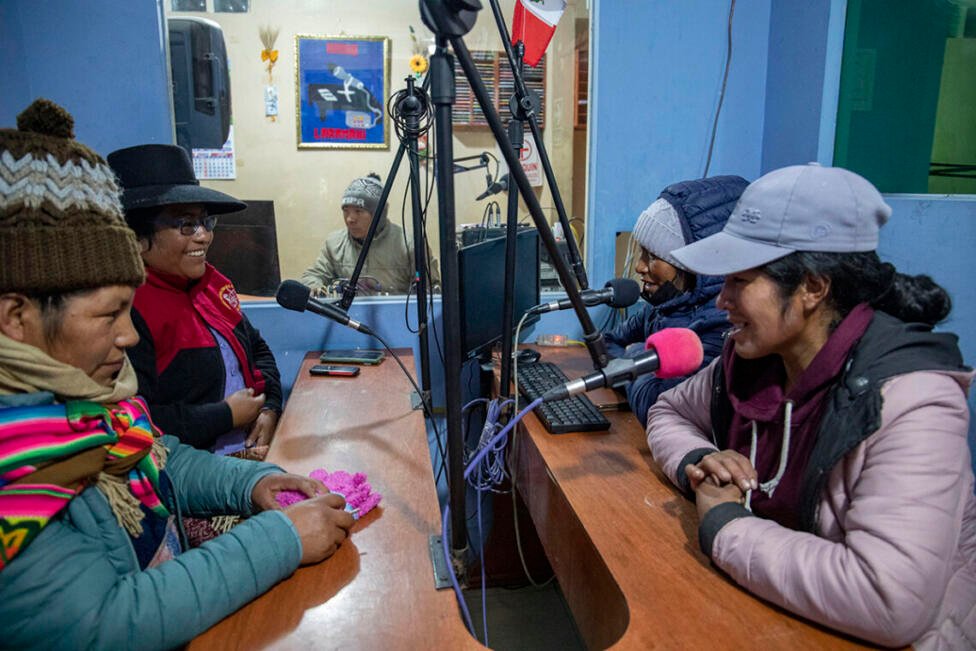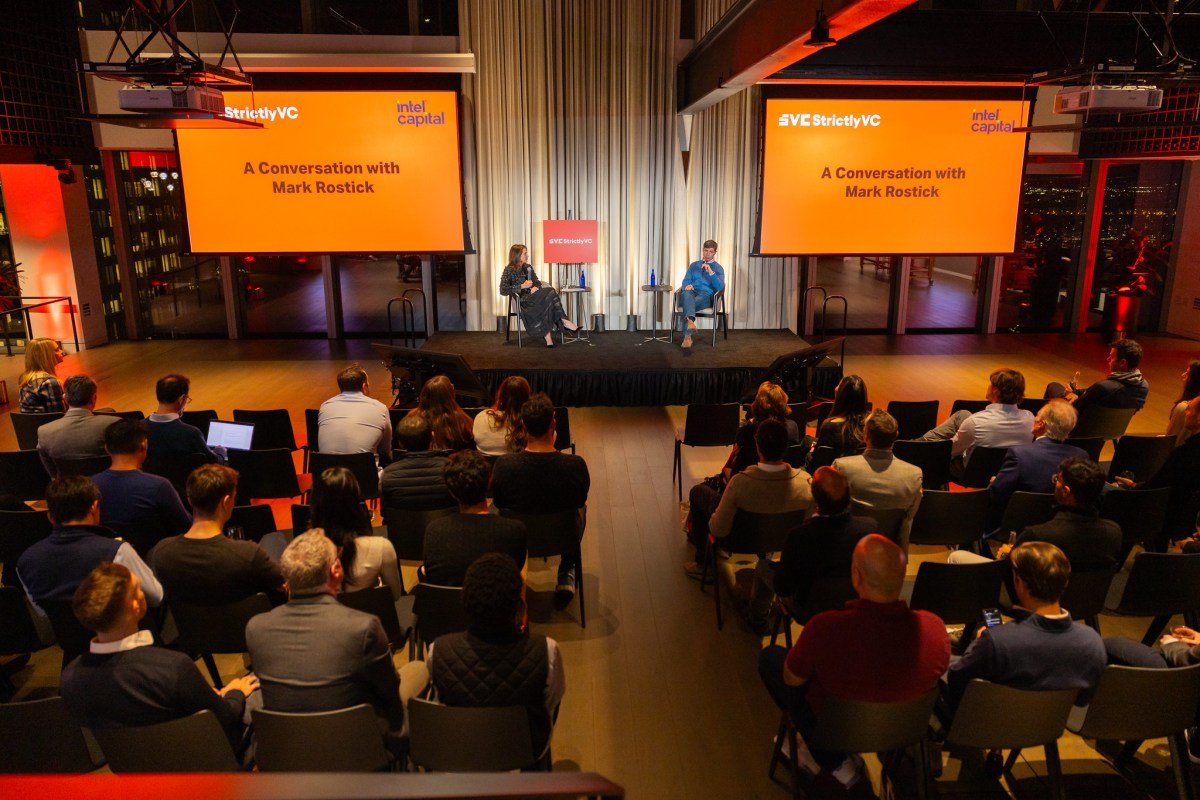
HAVANA TIMES – Latin American community radio stations blame the cutbacks in international financial aid on the rise in authoritarianism and the challenge of rapid technological changes. Despite the impact of diminished outside support, they are determined to continue defending their mission to support freedom of expression for most vulnerable.
Among other cutbacks, “there’s the five million dollars to support freedom of expression in the Northern Triangle of Central America that the US government disappeared overnight,” notes Oscar Perez of the World Association of Community Radio Broadcasters (AMARC).
AMARC brings together some 1,500 community radio stations in Latin America and the Caribbean. Speaking from San Salvador, Perez – the Association’s regional coordinator – explained to IPS that international cooperation “is vital for strategic radio projects, such as when large equipment, antennas, and transmitters need to be purchased.”
Cuts to this cooperation have become more pronounced this year, beginning with US President Donald Trump’s dismantling of the United States Agency for International Development (USAID). In a cascading effect, “European governments that have been strong donors for years are reducing their contributions, investing more in military spending and less in development,” Perez stated.
Radio Izcanal, in El Salvador’s eastern department of Usulután, reaches 100 municipalities and has a budget of $120,000 per year. Like other stations from El Salvador, Guatemala, and Honduras, station director Alcides Herrera told IPS, they lost their backing from USAID as well as from entities in Norway and Spain.
On the other hand, “the Salvadoran government used to aid the community radio stations through official advertising. That contribution has been lost under the government of Nayib Bukele, who came to power in 2019, Herrera added.
International aid is the third most important source of the financing that community radios depend on. They also rely on revenue from advertising and the sale of services, “but community support is always in first place,” says Perez,
Wilmer Fernandez, executive director of Radio Cutivalu in Piura, Peru, told IPS from that city in northern Peru that “the retreat of international cooperation has already impacted our communications programs on gender and communal development.”
The station and its associated outreach programs have received support from German religious organizations such as Misereor or Adveniat, the Spanish NGO Manos Unidas, and from Caritas of France, “but our resources are now shrinking, with more European funds going to the wars,” Fernandez deplored.
In Bolivia, the community radio stations, “have had a structural problem, because many of them arose with the support of the government, but those contributions haven’t continued; or help from European religious institutions now impacted by crises like the war in Ukraine.” This was the perspective of Ines Gonzalez, executive director of the “Erbol” network [Educational radio in Bolivia]. Now denied government advertising and support, the network has broadened into other media, especially digital tools beyond radio, in order to reach a greater public and develop with more of its own resources.
“Right now, we’re in survival mode,” Gonzales summed up the situation from La Paz, Bolivia, where the country was preparing for the presidential election on August 17.

Authoritarianism advances, hobbling initiatives
Authoritarianism is not a hazy notion floating over Latin America, and the spokespersons consulted by IPS have many examples at their fingertips.
On August 2, 2022, the Nicaraguan government revoked the operating license of the feminist radio station Radio Vos and eight other stations. This is just one case among many in Nicaragua, Perez recalled. Stations there have had their licenses revoked, their property confiscated, their communicators expelled, and even their nationality withdrawn.
In Panama, “it’s easy to open commercial stations, which occupy the best frequencies. But as our colleagues say: to open a community station, you need the Pope himself to sign on,” said the AMARC coordinator.
In El Salvador Alcides Herrera lamented: “unlike a private company, obtaining legal status is a huge burden for a community radio station in El Salvador: we are registered and controlled by the Ministries of the Interior and Labor, the Treasury, the Attorney General’s Office, and the Superintendency of Telecommunications, plus the Foreign Agents Law.”
They feel entirely fenced in, “because we’re in disagreement with a government that talks of how beautiful San Salvador can be, while we bear witness to the poverty, the terrible state of the roads, or the lack of services,” Herrera declared.
In Peru, “it seems we are heading toward authoritarianism, which in our case has recently manifested itself in changes to the international cooperation law,” Fernández pointed out. The so-called “reforms” call for greater scrutiny and control of funds received from abroad,
Radio Cutivalu is, “on the side of human rights, and with the recently enacted amnesty law (for those accused of crimes during the fight against terrorism) the powers of the state have acted in contradiction to those rights. Although we are being pushed toward self-censorship, we maintain a critical stance,” he added.
Another important issue is the disparaging rants against media outlets critical of the government, be they commercial or community-based. Slurs coming from the highest levels of power are common, for example, in Argentina, Venezuela, El Salvador, and Nicaragua. Less well known are cases such as Bolivia, where the Erbol network was called a “cartel of lies” during the Evo Morales administration (2006-2019).
Governments of different political stripes all disregard the UNESCO criteria (United Nations Educational, Scientific and Cultural Organization) that three media sectors should coexist: private, state, and community.
Pérez defends these standards: “Let’s be clear: we don’t want privileges, we want a democratic media system. Either everyone in the bed, or everyone on the floor.”

Technology without fear
The spokespersons IPS consulted aren’t worried about the growth or speed of the new technologies, nor about “competition” from the “influencers” who abound in the new spaces. They are concerned, however, that the digital divide continues to grow, to the detriment of their audiences.
They agree that, despite the revolution brought about by the rise of the internet and cellphones, there are still places and publics – especially in the rural areas, but also in some urban communities – where the radio continues to play a fundamental role. Training is a challenge, Perez admitted, summing up the situation by saying: “Many of our people still have a cassette in their heads. We need them to put in a chip.”
Also, sometimes, “access to technology is expensive. Being a radio station now venturing into video forces us to maintain a stable internet, and that costs at least US $400 a month, which is a sizable burden,” Herrera commented. “Our use of new technologies and presence on the social networks bring practically no economic return, but we can use them to offer a package deal for those advertising on traditional media. They also allow us to access more young people, with the assurance of our credibility,” Gonzalez specified.

From Venezuela with faith and joy
A Venezuelan benchmark in educational and community broadcasting is the Fe y Alegría [“Faith and Joy”] institution, created in the mid-20th century by the Jesuit religious order. Fe y Alegría operates schools and networks of popular radio stations.
Spokespersons for this network consulted by IPS in various regions of the country agreed they’ve been affected by the decline in international cooperation, which they receive mainly from Catholic and Protestant groups based in Europe.
Fe y Alegría has also helped implement some international cooperation projects in Venezuela – for example, among the Warao indigenous people in the Orinoco Delta, or among the Wayúu people in the northwestern Guajira Peninsula. There, purely educational or community aid activities are combined with communication.
The activists share a concern about the crisis of democracy in the region. They observe that “both right-wing and left-wing governments, some red and some blue, are following a similar script,” although several pointed out that “in some countries, the government institutions still function.”
In Venezuela, radio stations must comply – among other things – with the country’s Telecommunications and Social Responsibility Laws for audiovisual media, as well as the most recent laws, supposedly aimed against hate speech, but also at control of civil organizations.
Most community radio stations have settled in communities or communes controlled by the ruling party, and as of June 2015, there were 271 stations registered with the state-run National Telecommunications Commission, the entity in charge of telecommunications. At the same time, the NGOs Instituto Prensa [“Press Institute”] and Espacio Público [Public Space] have registered the closure of over 300 radio stations in the country, private commercial stations as well as community broadcasters between 2002 and 2024.
Most of the closures have simply involved the non-renewal of licenses, but there have also been cases where allegations of legal or administrative irregularities were used to justify the immediate closure of stations or programs considered critical of the government. As in other Latin American countries, such closures of programs or entire stations lead to the adoption of censorship and self-censorship practices.
The technological boom, despite the gaps, is seen as both a challenge and an opportunity. For example, Fe y Alegría gave away 1,000 solar radios to Warao indigenous communities scattered throughout the Orinoco Delta, an area of 30,000 square kilometers in the northeast of the country, where there is no electricity and conventional batteries are expensive.

Sustainability
Oscar Perez of AMARC recalled that – working in conjunction with UNESCO – they established four indicators, “a kind of mirror,” to test the sustainability of a community media outlet.
The first dimension is political, asking why and for what purpose the radio station exists: What is their primary objective, and who is their target audience?
The second refers to communication, specifically the programming: “Tell me what programs you offer, and I’ll tell you what kind of station you are.”
The third is organizational: “If you opt for the criteria of democracy, equality and inclusion, you can’t behave like that saying: “light of the street, darkness of your house.”
The final dimension is economic, “responding to questions of “How much does the above cost?” And “What do we do to obtain those resources?”




